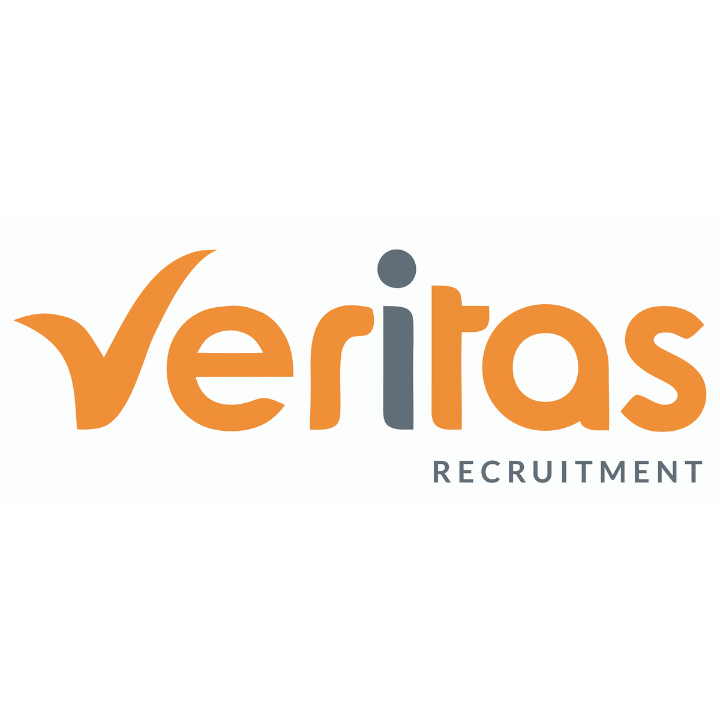Written by Andrew Bennett - Associate Director Essendon

I have had a couple of recent conversations with Freight & Logistics candidates who have found themselves in the Climate/Sustainability space in both Local and International freight companies. Given that they are both open to new opportunities, I wanted to explore the space and what this means. This area is very rarely, if ever, a topic of conversation when speaking with clients. Here is what I found!
In Australia, freight companies face a range of legislative and legal responsibilities related to net zero targets and emissions reduction. These obligations stem from federal and state climate policies, as well as international agreements and customer-driven sustainability demands.
The government (state and federal) are starting to drive this firmly. After a little research, here is a summary of what we found.
1. Federal Legislative Framework
a. Climate-Related Financial Disclosure
- The Australian government is introducing mandatory climate-related financial disclosures aligned with the International Sustainability Standards Board (ISSB) and Task Force on Climate-related Financial Disclosures (TCFD) frameworks.
- Freight companies that are publicly listed or large private firms may be required to:
- Report on Scope 1, 2, and relevant Scope 3 emissions.
- Disclose climate-related risks, strategies, and governance.
b. National Greenhouse and Energy Reporting (NGER) Scheme
- Freight operators exceeding certain thresholds (e.g., 50,000 tonnes of CO₂-e emissions or 200 terajoules of energy use per year) must report annually under NGER.
- Non-compliance can result in fines or enforcement actions.
2. State and Territory-Level Requirements
Different states have their own emission targets and regulations:
- NSW and Victoria have net zero targets by 2050 and interim targets, with programs incentivising zero-emission vehicles (ZEVs) and infrastructure.
- Government procurement is increasingly requiring low-carbon supply chains, which affects freight subcontractors.
3. Transport-Specific Regulations and Incentives
a. Clean Freight Initiatives
- Programs like NSW's "Net Zero Transport" initiatives provide grants and support for fleet transition.
- Regulatory trials for electric and hydrogen freight vehicles, especially in urban delivery zones.
b. Fuel Efficiency and Emission Standards
- While Australia does not yet have binding fuel efficiency standards for heavy vehicles, Euro VI standards are being phased in for new trucks.
- Companies are expected to voluntarily improve fuel efficiency and report on vehicle performance or comply with contractual obligations.
4. Legal Responsibilities in Contracts
- Large shippers (cargo owners) often pass emissions reporting and reduction obligations to freight providers via procurement contracts.
- Freight companies may be required to:
- Track and report transport emissions.
- Use low-emission vehicles or fuels.
- Participate in customer-led sustainability initiatives.
5. Industry and Market Pressures
Even without direct legislation, market forces are pushing freight companies to act:
- Corporate net zero targets of clients mean transport providers must align or risk losing contracts.
- Retailers, manufacturers, and mining firms increasingly require evidence of decarbonisation plans in tenders.
6. Work Health and Safety (WHS) and Environmental Risk
- Fleet operators must ensure that low-emission vehicles (e.g., electric trucks) meet WHS standards.
- Environmental Protection Authorities (EPAs) can act on pollution breaches, including from transport-related emissions or fuel spills.
Summary of Freight Company Responsibilities:
Reporting: NGER reporting, climate disclosures (TCFD/ISSB), client-driven Scope 3 reporting
Compliance: Meet state and federal emissions regulations; vehicle emission standards
Fleet Transition: Plan and implement ZEVs or low-emission alternatives, including charging/refuelling infrastructure
Contractual Obligations: Deliver on sustainability KPIs set by shippers; collaborate on decarbonisation
Risk Management: Integrate emissions into WHS, operational, and financial risk frameworks
- Is Freight Decarbonisation a focus in your business?
- What your business doing to lower emissions?
- Will a Sustainability champion become a regular position with Freight organisations?
I’m certainly interested in feedback from our valued clients and candidates alike!
Let me know! abennett@veritasrecruitment.com.au



